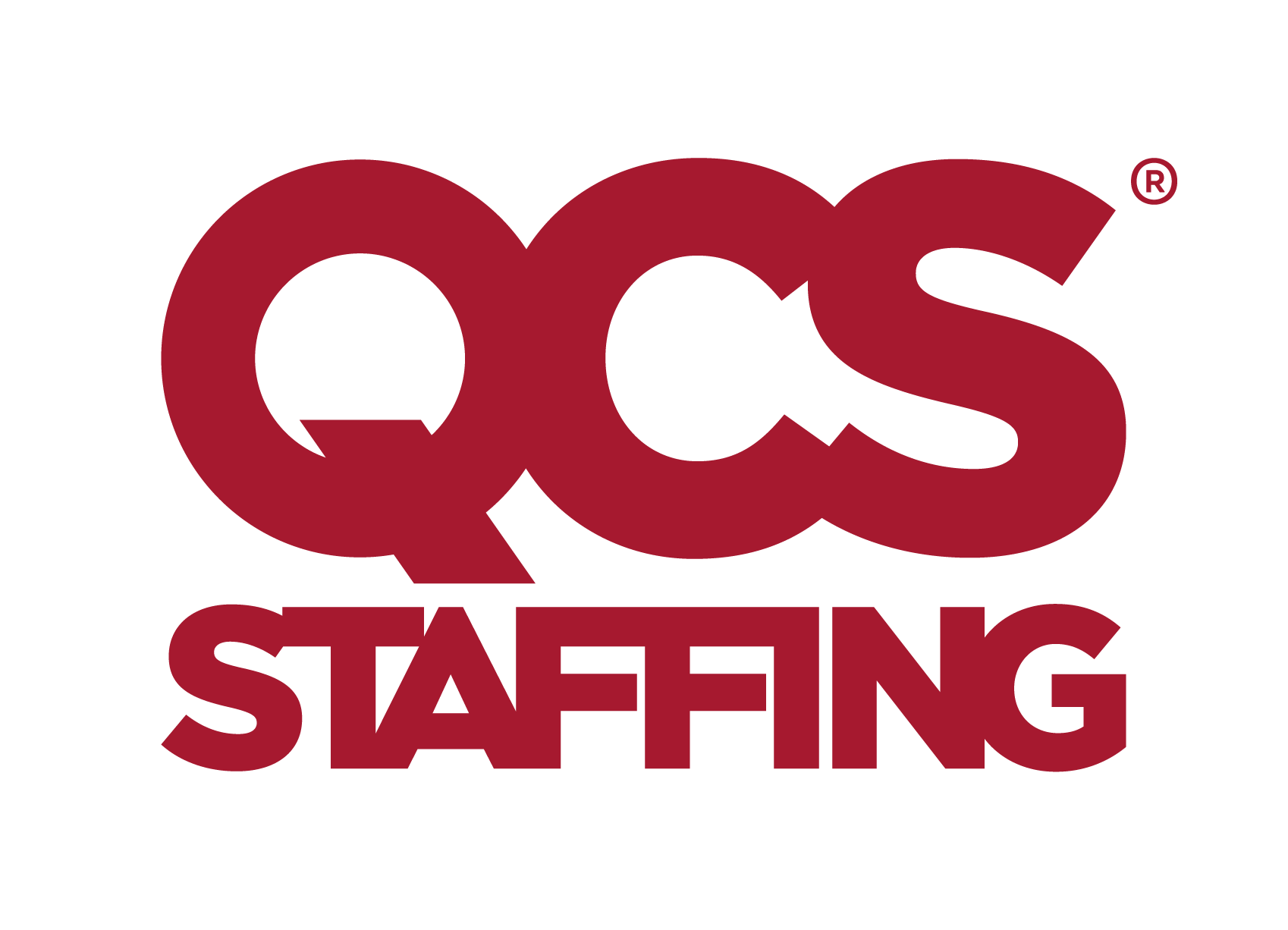How to become a Validation Engineer in the US
The pharmaceutical industry stands as a pillar of innovation and advancement, pioneering medical solutions that impact global health. Within this network lies a critical role: the Validation Engineer. Demand for Validation Engineers is expected to go up, with an expected 35,600 new jobs filled by 2029. Let's see how this role intertwines with the pharmaceutical sector, the essential skills and requirements, and the pathway to becoming a proficient Validation Engineer in the US.
Understanding the Pharmaceuticals Industry
The pharmaceuticals industry revolves around the development, production, and distribution of medicinal drugs. It's a meticulously regulated domain, emphasising quality, safety, and efficacy. Each drug undergoes rigorous testing, validation, and compliance to meet stringent regulatory standards before reaching the market.
The Role of a Validation Engineer in Pharmaceuticals
Validation Engineers are the gatekeepers of quality assurance within pharmaceutical manufacturing. They ensure that production processes, equipment, and systems comply with regulatory requirements and industry standards. Their responsibilities span the entire lifecycle of drug development, from initial design to manufacturing and distribution.
Validation Engineers collaborate closely with various departments, including research and development, production, quality assurance, and regulatory affairs. They conduct risk assessments, create validation protocols, execute tests, analyse data, and document results meticulously. Their work guarantees that pharmaceutical products are consistently safe, effective, and of the highest quality.
Skills and Requirements for Aspiring Validation Engineers
Becoming a proficient Validation Engineer requires a blend of technical expertise, analytical skills, and a strong understanding of regulatory frameworks. Here are key skills and prerequisites:
- Technical Proficiency: Strong knowledge of engineering principles, instrumentation, and automation systems used in pharmaceutical manufacturing.
- Regulatory Compliance: A deep understanding of regulatory guidelines such as FDA regulations, Good Manufacturing Practices (GMP), and Good Documentation Practices (GDP).
- Analytical Skills: Ability to analyse data, troubleshoot issues, and implement effective solutions.
- Attention to Detail: Meticulous documentation and record-keeping skills to ensure compliance and traceability.
- Communication and Collaboration: Strong communication skills to liaise with multidisciplinary teams effectively.
Aspiring Validation Engineers often pursue degrees in engineering disciplines such as chemical, mechanical, or biomedical engineering. Additional certifications or specialised training in validation processes can significantly help prospects in this field.
Becoming a Validation Engineer
Starting your career as a Validation Engineer means a commitment to continuous learning and professional development. Engaging in internships, gaining hands-on experience, and networking within the pharmaceutical industry can open doors to entry-level positions.
For those seeking opportunities in the US, exploring our job board, attending industry events, and leveraging professional networks like LinkedIn can aid in securing roles within pharmaceutical companies or consulting firms specialising in validation services.
Find your next career with QCS Staffing
QCS Staffing, known for expertise in supporting large-scale projects across various industries, is constantly seeking talented individuals to contribute within the life science industry. If you're aspiring to kickstart a successful career as a Validation Engineer or a related role within the Life Sciences sector, consider exploring opportunities with QCS Staffing.
Becoming a Validation Engineer in the US demands dedication, expertise, and a commitment to excellence. Join the league of professionals shaping the future of pharmaceutical innovation and quality assurance. Explore your potential with QCS Staffing today and contact us!






